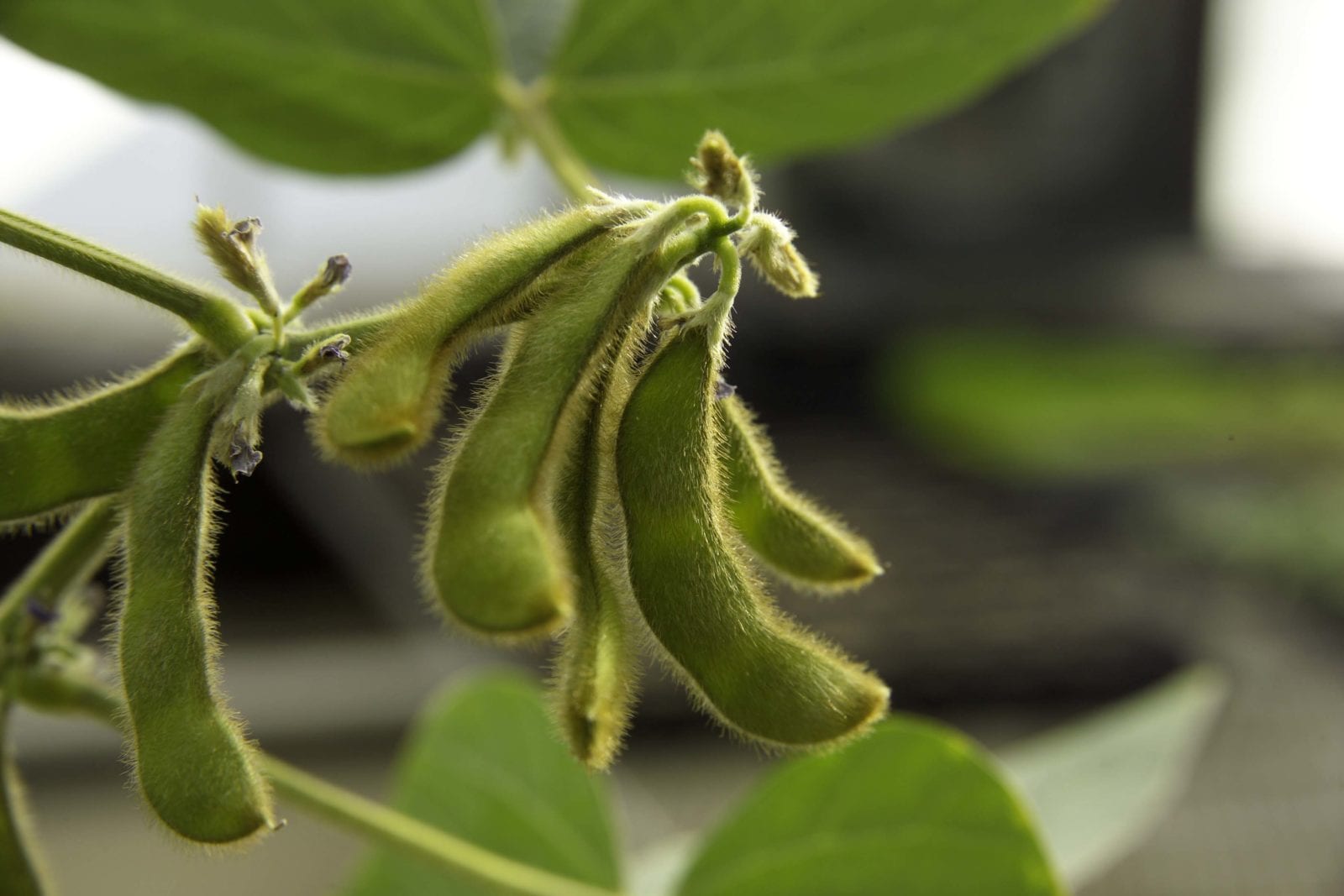USSEC’s Diligence Pays Off as EU Approves Three Biotech Soybean Traits
- Category:
- Biotechnology
- General News

On July 22, USSEC announced the long-awaited European Union approval of three biotech soy traits for import and processing. The three stacked events are:
“The EU’s approval of these events is welcome news for U.S. soybean farmers,” states USSEC chairman Laura Foell, a soybean grower from Schaller, Iowa. “We’re happy that we can supply our European customers with a reliable supply of safe food.”
Europe is one of the largest customers of U.S. soybean farmers with over 165 million bushels of soybeans in exports already this year.
The applications for the three traits were submitted in the summer of 2011 to the European Food Safety Authority (EFSA), and positive opinions on all three traits were received from EFSA during May and June of 2015. The Member States committees’ process was also completed in January 2016.
Also in January 2016, the European Ombudsman found that between 2012 and 2014, the European Commission was guilty of “maladministration” by taking more than three and a half months before taking a final decision on the approval of biotech events. By this yardstick, the European Commission is guilty of maladministration by taking over six months from the completion of the Committee process to authorize these three products.
Throughout the winter and spring, USSEC continued to be in close contact with the European Commission to nudge the approval process forward. Although European Commission officials repeatedly assured USSEC and others that there were no concerns over these dossiers and authorization was imminent, it appears an unexpected obstacle emerged in March 2016 in the form of the re-authorization of glyphosate as an herbicide in the EU.
In early June, USSEC once again formally called for the European Commission to issue final authorization for the soybean traits in a letter sent to European Commission leaders, marking the third such written communication conducted in spring 2016.
Also in June 2016, USSEC organized two separate delegations to Brussels where U.S. farmers, as well as those from other countries, met with EU officials to urge them to move the approval process forward.
On July 11, USSEC sent another letter to Commissioner Andriukaitis encouraging action after more than six months of inaction, indicating that harvest was likely to begin in the southern U.S. before month’s end.
Finally, on July 22, 2016, the European Commission approved three biotech soy traits for import and processing.
USSEC Marketing Director - Market Access/ FTO Roz Leeck states, “Monitoring all of the issues in this space was time consuming but critical – we had to stick to our principles and continue to communicate for as long as it took.”
A white paper developed in 2015 by USSEC and other members of the International Soy Growers Alliance stated that delays in approvals of new biotech events has the potential to cost consumers and producers of soybeans $19 billion over the next ten years.
“While the sort of work conducted by USSEC may sometimes be frustrating and slow, it is of critical importance and will truly make a difference for U.S. soybean farmers and the U.S. Soy industry."
-Roz Leeck, USSEC Marketing Director - Market Access/ FTO
USSEC continues to take the long view in working with industry and governments to improve understanding and approval processes so as to minimize this additional cost in the future.